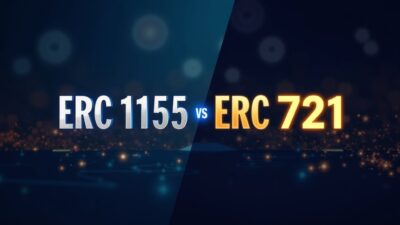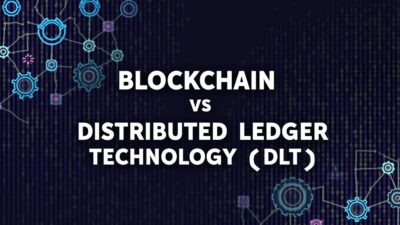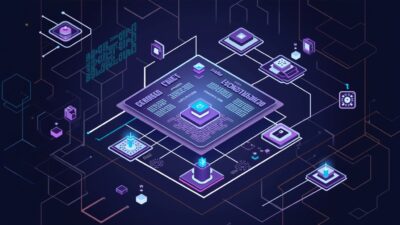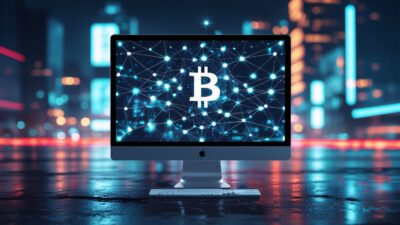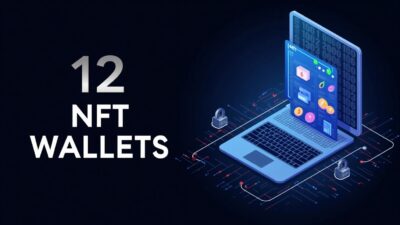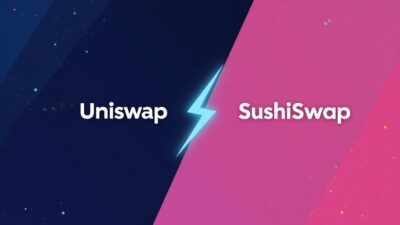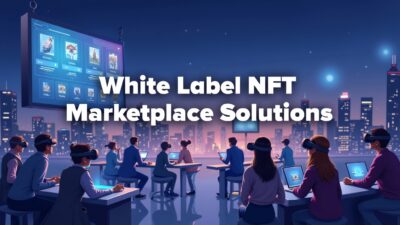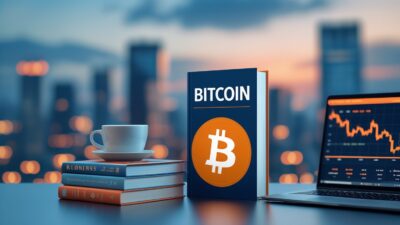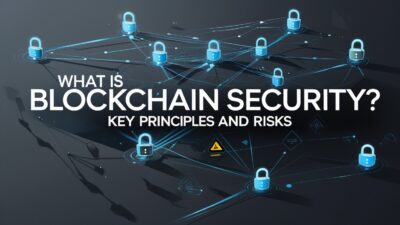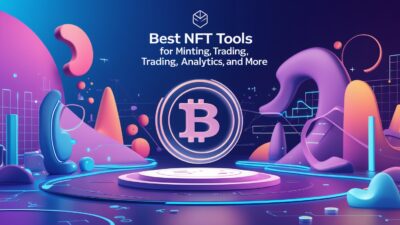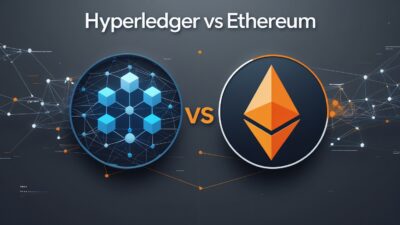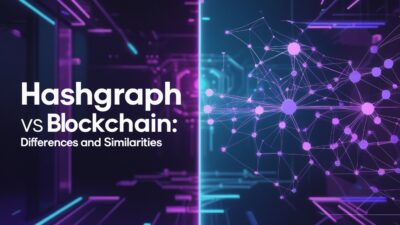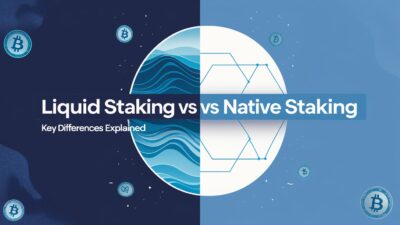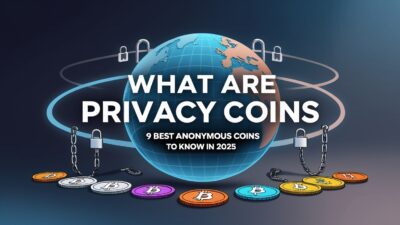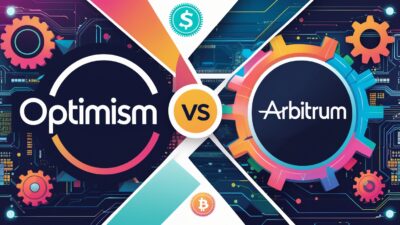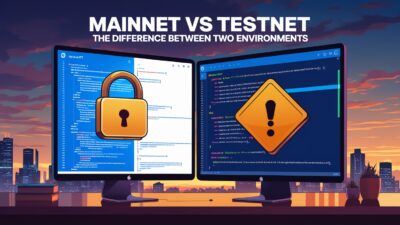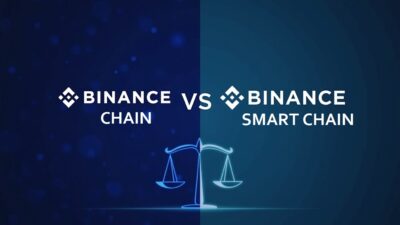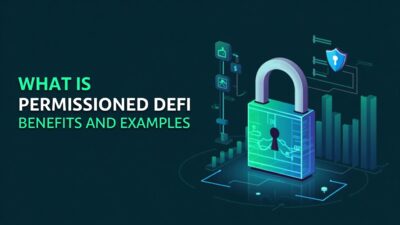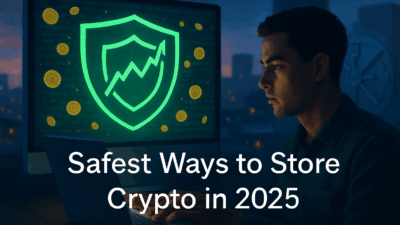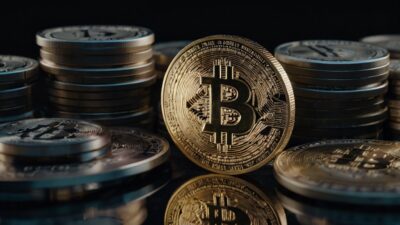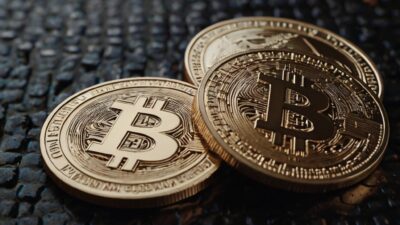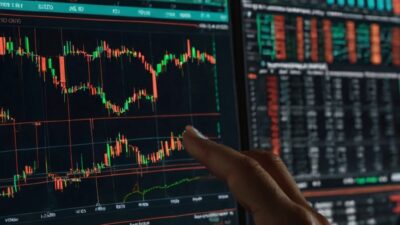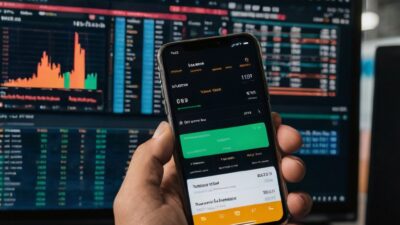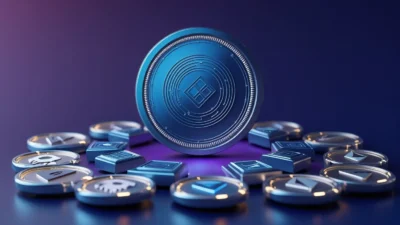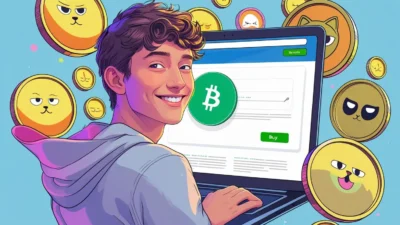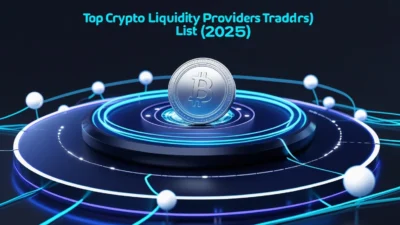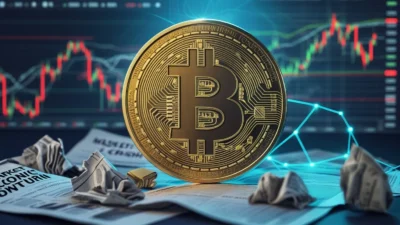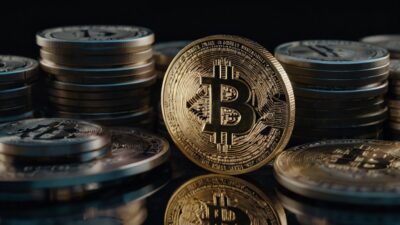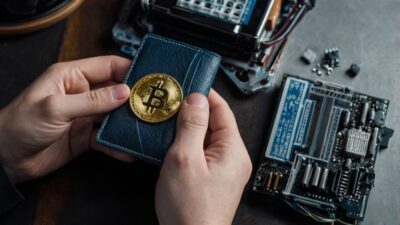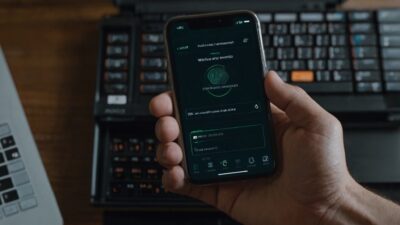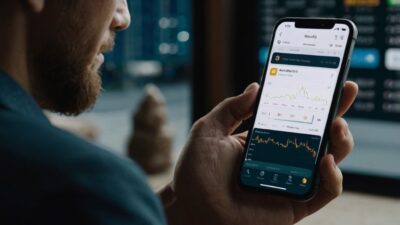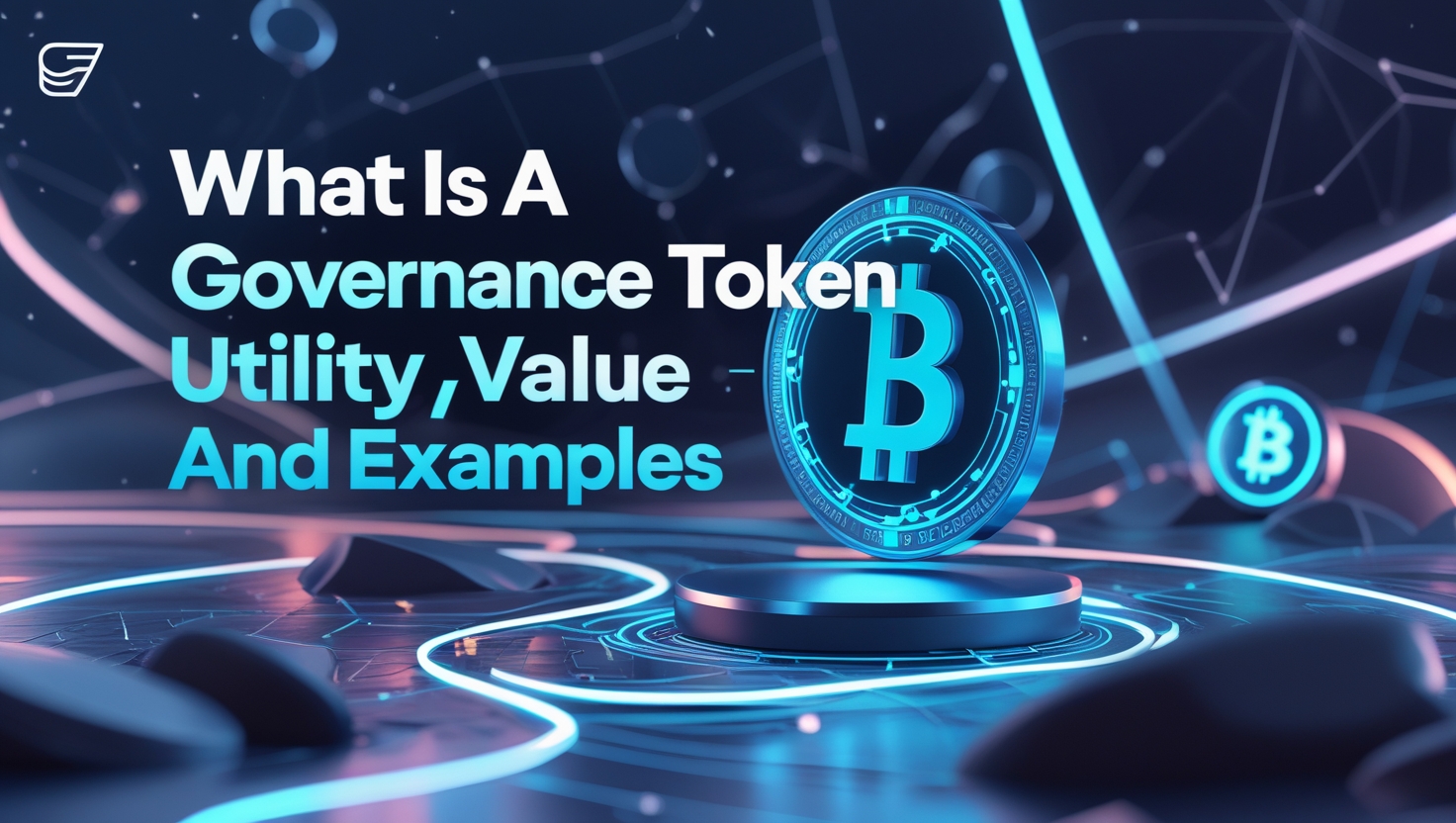
The heart and the soul of a crypto system, the governance tokens are basically the keys to power. Unlike traditional tokens or cryptocurrencies used for transactions or speculation, governance tokens allow the holders to propose and vote on vital protocol upgrades through smart contracts.
Governance tokens play a pivotal role in the formation of a decentralized system by distributing power to the community. These tokens grant you a vote that brings a radical change and ushers your ecosystem into a new age of prosperity through the collective vision of your community.
Let’s explore one of the most powerful tools in the world of crypto and see how major DAOs are using their governance tokens to empower their investors and communities.
What Is a Governance Token?
A governance token is a special type of cryptocurrency that gives its holders the power to vote on decisions (protocols/smart contracts) within the same crypto project. If you own governance tokens, you get a say in how the project evolves. Governance tokens are mostly used in DeFi (decentralized finance) and DAOs (decentralized autonomous organizations).
With governance tokens, you can vote on how funds are spent, how the app’s designs or features will be updated, what updates will be applied to the rules or code, and how rewards will be distributed to users or developers.
In most systems, one governance token is usually equal to one vote. However, some systems weigh your votes differently depending on the number of governance tokens you have (ratio system).
Instead of one person (the CEO) or a specific group of people (board members) deciding everything, power is distributed among community members to shape the entire system through governance tokens.
How do Governance Tokens Work?
Governance tokens are the backbone of crypto systems, especially DeFi and DAOs, when it comes to decision-making. They can be used for the following functions.
- Proposals: With governance tokens, you can submit a proposal that may include changing transaction fees, upgrading smart contracts, allocating funds from the treasury, or adjusting rewards.
- Voting: The next phase involves voting, where governance token holders then vote on proposals. This voting can take place both on-chain and off-chain. On-chain voting occurs directly on the blockchain, which ensures transparency and security. Off-chain voting occurs outside the blockchain on tools like Snapshot. It is usually cheap and faster, but still requires on-chain approval.
- Protocol Changes: Once a proposal is approved through governance token voting, the next phase involves implementing the protocol change, which can be done either automatically through smart contracts or manually by developers or multisig wallets.
What are the Benefits of Governance Tokens?
Governance tokens are extremely important in a blockchain, as they give real power to their holders. They also determine the direction of a project through a transparent and democratic voting system.
True Decentralization and Community Control
Governance tokens transfer power from centralized teams to the broader community. Instead of a single CEO or group of executives (board members) making all the decisions, token holders collectively decide how a protocol should work. This includes voting on upgrades, fee structures, treasury spending, and even the rules that govern the system.
By distributing voting rights across thousands of users, governance tokens reduce the risk of centralized control. Projects like Uniswap and MakerDAO have demonstrated how this model can be effective. First, the users propose changes, then they vote on them. If approved, those changes are implemented either automatically via smart contracts or by trusted community members.
Incentivized Participation and User Loyalty
One of the main purposes of the governance tokens is to transform passive users into active stakeholders. This transformation fosters a sense of ownership in the token holders. With the governance tokens in hand, users are more invested in the system and genuinely care about its growth and success.
With governance tokens, the holders become more actively involved through proposals and voting. This creates a feedback loop where participation is rewarded with influence. Governance token holders often identify with the mission and values of the protocol, which strengthens their long-term loyalty.
Users with governance tokens also get rewards in the form of additional tokens or perks. This gamifies engagement and encourages token holders to stay involved.
Increased Transparency and Trust in Protocols
Governance tokens empower on-chain voting that brings transparency and security to the decentralized systems. Votes are immutable and are permanently stored on the blockchain, available for the public to see.
Anyone can check these votes and audit them at will. As owners’ wallets sign these votes, this ensures authenticity. As governance token holders cast these votes, they represent the collective will of the community and increase trust in the protocol.
Aligning Stakeholder Incentives for Protocol Success
Governance tokens are not only voting chips, but they also tie the fate of a protocol directly to its community. The holder of these tokens typically has a financial stake in the protocol. If the protocol thrives, the value of their tokens increases. This economic alignment motivates holders to vote for proposals that enhance sustainability and security.
Active token holders often include developers and investors who have a deep understanding of the protocol’s mechanics. Their expertise leads to more thoughtful governance decisions, especially when it comes to upgrades or treasury management.
Successful governance decisions through governance tokens can attract more users and liquidity. This growth boosts token demand, benefiting holders and creating a virtuous cycle of participation and value creation.
Shaping the Future of DeFi and DAOs
The governance token holders always design decentralized ecosystems. They wield voting power and help shape the rules and innovations that define the future of DeFi protocols and DAOs.
With governance tokens, holders can vote on key proposals, including protocol upgrades and treasury allocations. This ensures that no single entity can control the entire system, and power remains with the community.
Governance token holders propose and approve changes to smart contracts regularly. This allows platforms to evolve rapidly in response to market trends and technological advancements.
Governance Token Examples
Governance tokens play a vital role in community building and protocol growth. There is no better option to incentivize people than to give them governing power coupled with rewards. Major companies like Uniswap, Aave, Compound, and MakerDAO have distributed governance tokens among their communities to give them various governance roles.
UNI — Uniswap’s Governance Token
UNI is the governance token of Uniswap, and it allows its holders to vote on various decisions, including.
- Protocol upgrades through smart contracts
- Adjustment to trading fees or the activation of “fee switch”, which redirects a portion of trading fees to the treasury.
- Treasury allocation by deciding how to use Uniswap’s treasury
- Governance rules that involve updating the voting process through the quorum thresholds
This system ensures that Uniswap evolves based on community consensus. It also aligns incentives, as the users who hold UNI are often financially invested in the protocol’s success.
MKR — Governance Power in MakerDAO
MKR is the governance token of MakerDAO, a protocol behind the stablecoin DAI pegged to USD. MKR holders can vote on key decisions, such as
- DAI Stability Management: MKR holders can set interest rates on DAI loans. This helps maintain its supply and demand. They can also adjust the yield paid to holders to help control DAI’s peg to the US Dollar.
- Collateral Types: MakerDAO supports multi-collateral type that allows users to mint DAI by locking assets such as ETH and WBTC. MKR holders can approve new collateral types and set risk parameters such as debt ceilings and liquidation ratios.
- System Upgrades: MKR holders can upgrade smart contracts and protocol mechanics. Some recent changes include the introduction of Governance Model V2, Dynamic DSR Adjustment, and Endgame Roadmap.
COMP — Steering the Compound Protocol
COMP is the governance token of the Compound platform, and it allows its holders to vote on.
- Lending Rules and Risk Parameters: COMP holders can vote on collateral factors to define how much users can borrow against a specific asset. They also control interest rate models to adjust the rates based on demand and supply. COMP holders can also vote to set liquidity thresholds to close a borrower’s position once it becomes risky.
- Asset Listings: Anyone with enough COMP can propose to add a new asset to the system. Then it falls to the community to vote and decide whether to add the proposed asset or not. If approved, the community can utilize the asset for borrowing or lending purposes.
AAVE — A Decentralized Lending DAO
AAVE is a governance token that belongs to the Aave system. AAVE holders control the protocol’s lending market through on-chain proposals and voting. It includes.
- Asset listings to add new tokens to Aave’s liquidity pools.
- Controlling risk factors through LTV ratios, liquidation thresholds, and interest rate models.
- AAVE holders can vote on deploying Aave to a new chain or even launching a new system (Aave V3) to keep up with technical and economic advancements.
AAVE holders can also decide how Aave’s treasury can be used. They can.
- Allocate treasury funds to reward liquidity providers or borrowers in specific pools to boost activity.
- Stake the AAVE token to backstop the protocol against shortfalls.
- Invest treasury funds in low-risk assets such as U.S. Treasury bills to earn the yield.
- Funds protocol upgrades and ecosystem tools.
ENS — Community Governance for Web3 Identity
ENS (Ethereum Name Service) allows users to change complex wallet addresses into human-readable names. As a governance token of ENS DAO, it can be used for.
- Adjusting registration and renewal fees to discourage squatting and ensure sustainable funding.
- Prohibiting changes that unfairly target specific name holders, as the governance must apply the rules transparently and uniformly to the community.
- Bridging with traditional domain systems, such as .com, while preserving decentralization. ENS governance supports this integration through technical upgrades and policy alignment with famous domains.
ENS generates a lot of funds through name registrations. This fund becomes part of the ENS DAO treasury, and ENS holders decide how it will be used.
- ENS governance approved a daily grant of $11,500 USDC to True Names Ltd to support protocol improvements
- ENS governance allocated surplus funds to broader Web3 initiatives only if they align with ENS protocols.
- ENS holders review and approve grant applications for projects that enhance the ecosystem.
Governance vs Utility Tokens: What’s the Difference?
While being tokens of the same decentralized system, both governance and utility tokens have stark differences that differentiate them.
| Feature | Governance Token | Utility Token |
| Main Purpose | Voting on proposals and new protocols for the system | Accessing services or features of the system |
| Functionality | Submit a vote on proposals | Pay for transactions or to use platform tools |
| User Role | Stakeholder with decision-making power | Consumer |
| Impact | Determines the future of the protocol or system | Enables interaction with teh protocol or system |
| Examples | UNI (Uniswap) and MKR (MakerDAO) | ETH (Ethereum gas) and BNB (Binance fees) |
Governance tokens give holders the right to vote on changes within a decentralized project, while the utility tokens are used to interact with a platform’s services. Some tokens can serve both roles, such as AAVE (Aave) can be used for governance and can also be staked in the safety module for rewards.
Are There Any Downsides of Governance Tokens?
While governance tokens empower the community of a whole decentralized ecosystem, they also bring a unique set of challenges. Here is a detailed look at the downsides associated with the governance tokens in general.
Voter Apathy
Many governance token holders don’t participate in votes, either due to a lack of interest, a lack of understanding, or inadequate incentives. This can lead to decisions being made by a small and unrepresentative group of the protocol.
Whale Dominance
Large governance token holders, also known as whales, can influence the outcomes of various proposals. This undermines the principle of decentralization, and the system ends up resembling a centralized system with specific power holders.
Decision-Making Delays
A protocol often requires proposal submission, discussion, and voting periods as a part of its governance process. This can slow down urgent upgrades or responses to market changes, resulting in significant loss.
Speculative Trading
Most of the governance tokens are often traded like regular assets on blockchains. This can distract from their intended purpose, leading to price volatility. It discourages long-term participation from the community members.
Complexity of Proposals
Due to the technicality of some proposals, it can be challenging for the average investor to evaluate them. This can result in uninformed voting or reliance on influencers/third-party opinions.
Regulatory and Legal Considerations
As crypto and decentralized systems still operate in a gray area in many jurisdictions, this also impacts the legality of governance tokens.
The primary question always asked by regulators regarding governance tokens is whether they qualify as securities under laws such as the U.S. Securities Act. The Howey Test is often used to determine this. According to the guidelines set by this test, if a token involves an investment of money in a common enterprise with an expectation of profits from the efforts of others, it may be deemed a security.
The U.S. Securities and Exchange Commission (SEC) has taken an active role in investigating crypto projects and enforcing actions against them if they issue tokens without proper registration. Governance tokens tied to profit-sharing or centralized control have drawn attention from the SEC’s Crypto Task Force. Its main aim is to clarify the boundary between securities and non-securities.
If protocols issue governance tokens without clear disclosures or compliance frameworks, they may face enforcement actions, such as fines or forced shutdowns.
Want to Learn More About Crypto & Blockchain? Join Dypto Crypto Now for Free!
Just like governance tokens, you can learn a great deal about other crypto and web3 systems with our free How-To guides and weekly newsletter. Dypto-Crypto is a one-stop shop for all your crypto needs, including our top-of-the-line paid courses.
You are just a free sign-up away from availing all these amazing resources and more. Join us right now and upskill yourself to become the next thought leader of the crypto industry.
FAQs (Frequently Asked Questions)
Q: Is owning governance tokens like owning shares in a company?
A: Owning governance tokens can feel like owning shares in a company, as both give you voting rights in their respective ecosystems. However, they’re fundamentally different in terms of legal status, ownership, and financial entitlements.
Q: Can governance tokens make me money?
A: Yes, but not in traditional methods. You can use governance tokens for staking rewards, yield farming, protocol incentives, or token appreciation.
Q: Can governance tokens be manipulated or lead to whale dominance?
A: Yes. Governance tokens are vulnerable to manipulation, especially by whales (large holders). This can be achieved by manipulating a 1 token = 1 vote system, where some individuals acquire a significant number of governance tokens through loopholes or maliciously designed smart contracts.
Q: What happens after a governance vote passes?
A: Once the governance vote passes, smart contracts automatically execute the proposal on the blockchain. In short, the execution phase begins, leading to communication and monitoring.
Q: What are the risks of passive governance?
A: Passive governance in DAOs and token-based systems can be a silent killer of decentralization. When token holders disengage from voting or decision-making, it opens the door to manipulation, centralization, and even exploitation by active whales.

